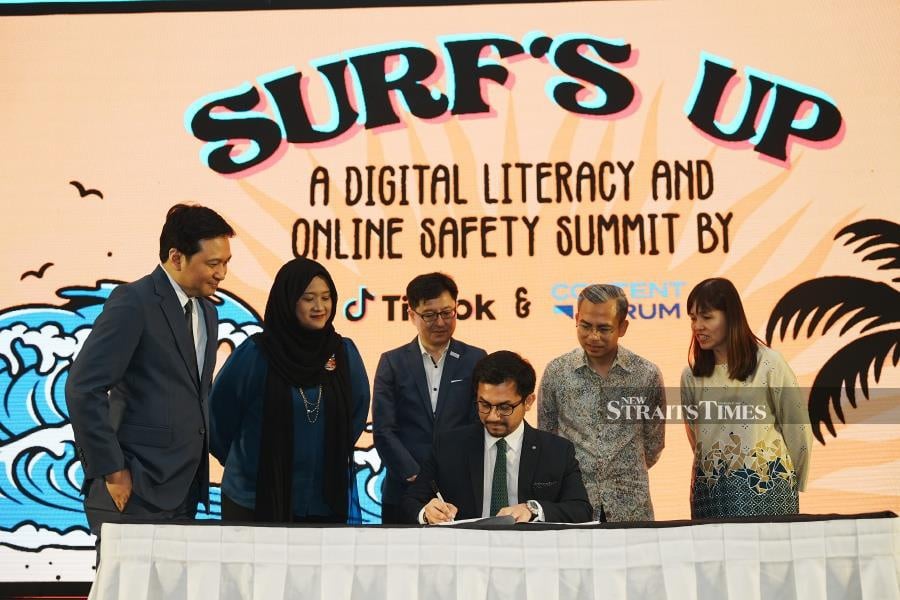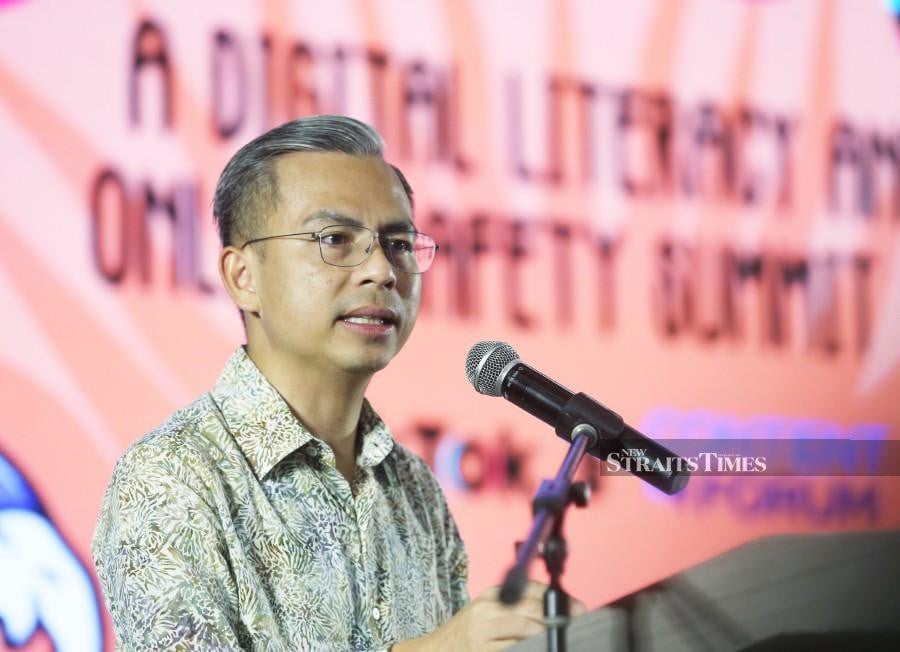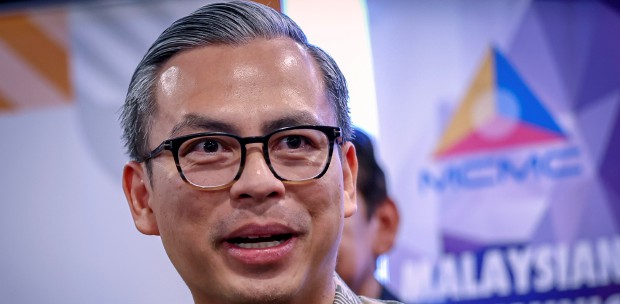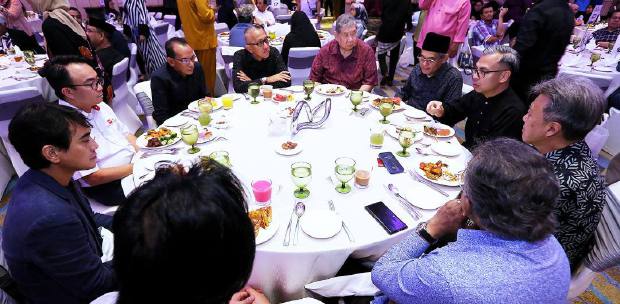THE Communications and Multimedia Content Forum of Malaysia and TikTok, a short-form video hosting platform, have signed the Digital Safety Pledge to create a safer online environment at the Surfs Up digital literacy summit.
The pledge is meant to be a model for Malaysian online and social media platforms. It establishes digital safety standards that will aid in the protection of people online while also allowing for creativity and self-expression.
The signing was witnessed by Communications and Digital Minister Fahmi Fadzil and his deputy Teo Nie Ching.
Fahmi thanked the Content Forum and TikTok for their dedication to creating a safer online environment and educating Malaysians on how to be responsible internet users.
He also stated that the pledge lays the groundwork for collaboration and knowledge-sharing in order to develop best practices that can effectively address the country's evolving digital landscape challenges.
"It is thrilling to witness industry leaders and stakeholders coming together, committing to meaningful action, with TikTok leading the way in pledging their commitment to online safety," he said.

HOLISTIC CYBERSECURITY APPROACH
In order to have a safer online environment, Fahmi also acknowledged the importance of having a holistic cybersecurity approach that includes people, processes, and technology.
"In order to ensure a secure, resilient, and trusted cyber environment that supports progress and prosperity, we must be adaptive, innovative, and dynamic in our cybersecurity measures. Collaboration is essential in terms of information sharing, practical legal and technical approaches, capacity building, and cybersecurity awareness and education, both domestically and internationally," added Fahmi.
The Digital Safety Pledge outlined seven principles: User Protection Against Harmful Content; Age-Appropriate Content; Transparency and Accountability; Privacy Protection; Combating Misinformation and Disinformation; Collaboration and Industry Cooperation; and Continuous Improvement.
USER PROTECTION AGAINST HARMFUL CONTENT
The pledge prioritises safety and security by enacting strict anti-hate speech, harassment, violence, explicit content, and other harmful content measures. Users will be able to manage their exposure to such content through control options. Reporting and flagging mechanisms will be available, and appropriate actions, such as content removal, account warnings or suspensions, and involvement of law enforcement in serious cases, will be taken.

AGE-APPROPRIATE CONTENT
To make the digital ecosystem safer and more secure for children, age verification mechanisms and content moderation measures for younger users will be implemented.
Parental control features, on the other hand, allow parents or guardians to monitor and manage their children's online activities by personalising content filters, time limits, and privacy settings to ensure a safe digital experience.
TRANSPARENCY AND ACCOUNTABILITY
The pledge under this pillar states a commitment to transparency, regular reporting, and user support. These will ensure that enforcement measures are easily accessible to users, with statistics on the removal of harmful content and updates on progress in addressing specific issues, and will establish clear channels for users to report concerns, offer feedback, and seek assistance.
PRIVACY PROTECTION
Respect for privacy, clear information about data collection, regular reviews, prompt response to privacy-related inquiries, and advocacy for strong data protection laws are all part of the pledge. Users' privacy rights will be protected through transparency, adherence to legal requirements, and active participation in user privacy initiatives.
COMBATING MISINFORMATION AND DISINFORMATION
Fact-checking organisations, empowering users to report false content, strengthening content moderation practises, conducting public awareness campaigns, collaborating with stakeholders, and investing in research for innovative tools and strategies are all important tools in the fight against misinformation.

COLLABORATION AND INDUSTRY COOPERATION
The pledge commits to collaborating with social media platforms, technology firms, industry organisations, and stakeholders to drive positive change, improve the digital experience, and address common challenges. It will establish open communication channels, support cross-platform initiatives, and engage in constructive dialogue with governments and regulatory bodies to foster a responsible and accountable digital environment.
CONTINUOUS IMPROVEMENT
The pledge also promises to invest in R&D for innovative solutions, improve safety measures, and continuously evaluate policies to meet changing user needs and societal expectations. This includes safeguarding users against online threats, implementing cutting-edge technologies, and ensuring ethical standards and social responsibility through external audits and feedback.





